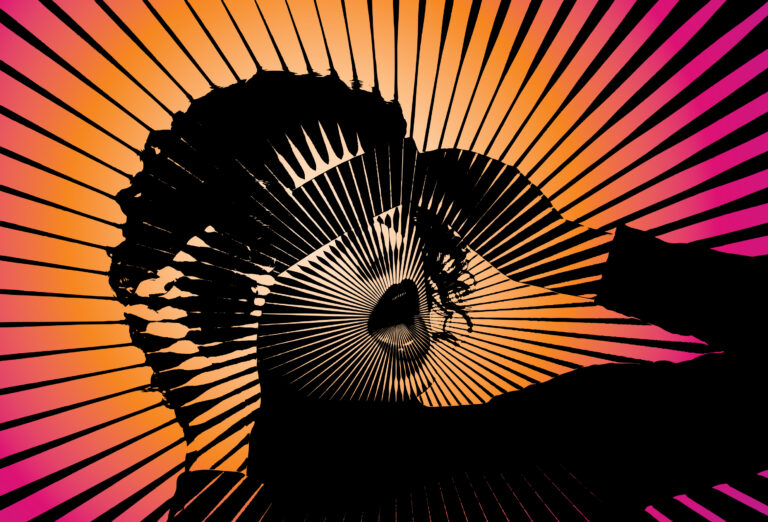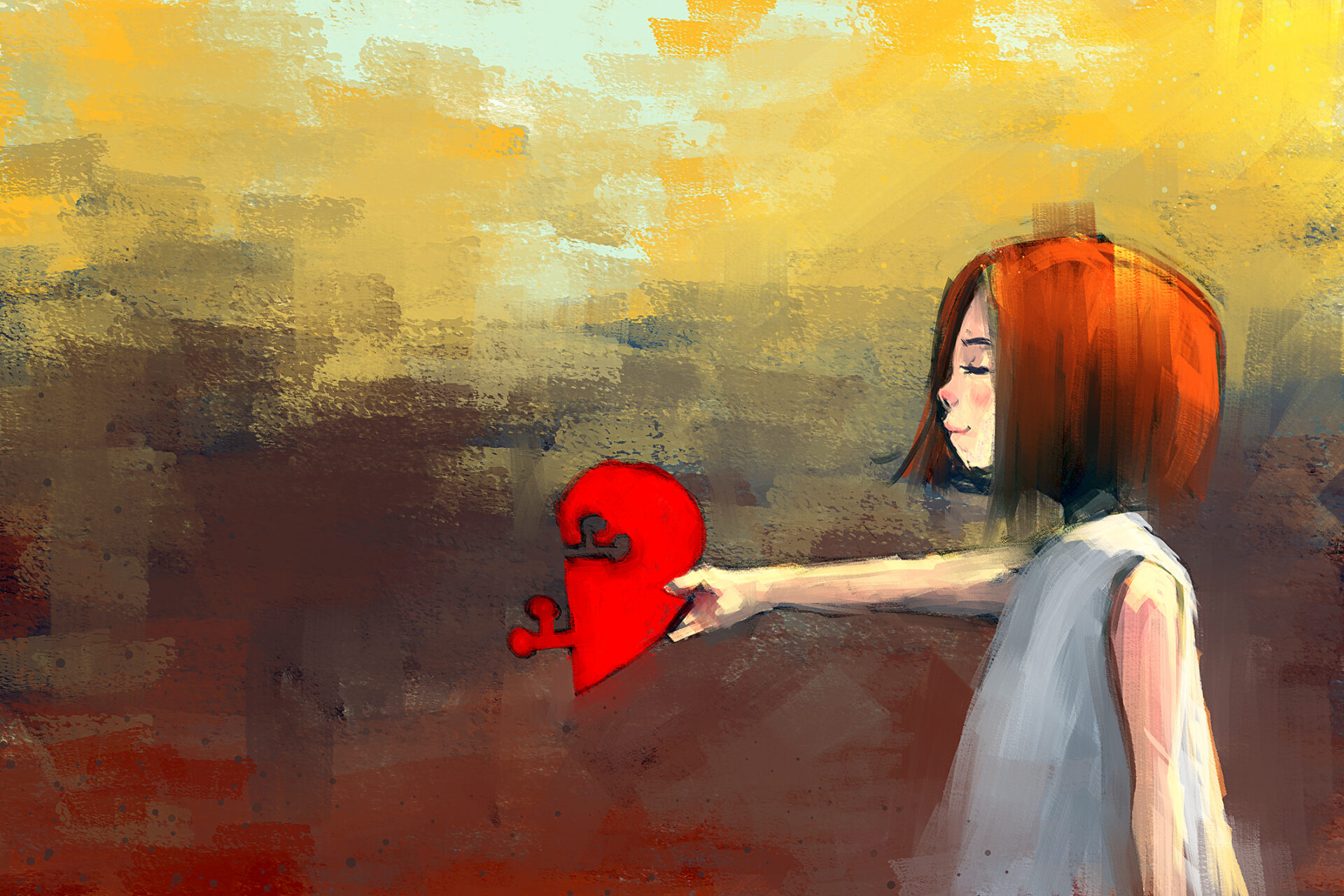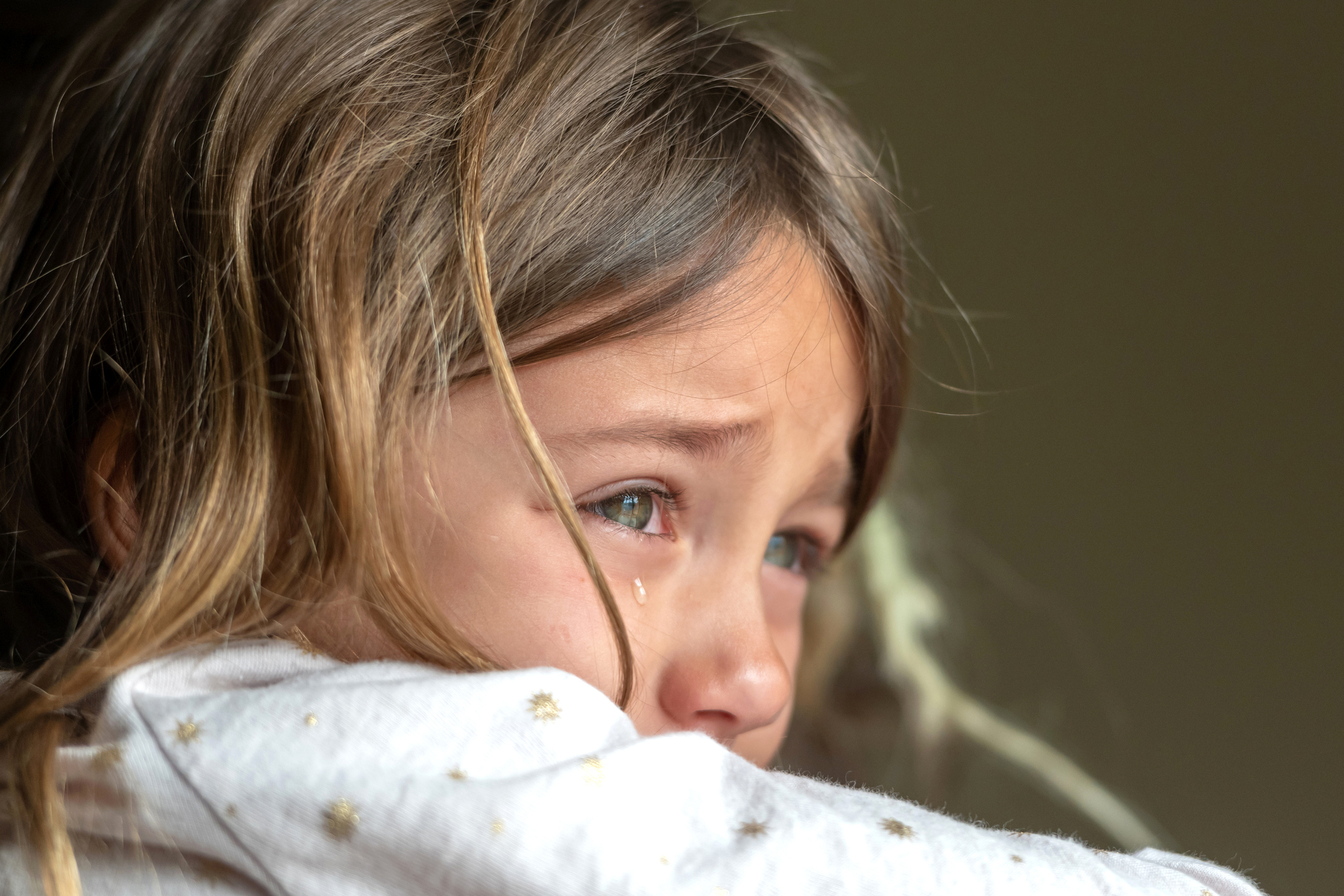Trauma and stress are two experiences that profoundly affect our lives, but they are not one and the same. While stress is a natural response to life’s challenges, trauma lingers long after the initial event has passed. In this article, we will delve into the world of trauma, exploring its effects on the mind and body, its prevalence, and the crucial role of social support in recovery.
Meet Bessel van der Kolk
Our guide on this journey is Bessel van der Kolk, a renowned psychiatrist, neuroscientist, and author of the enlightening book, “The Body Keeps the Score.” His fascination with trauma began in 1978 when he started working with Vietnam veterans who had returned from a war that had left them profoundly scarred. These individuals, once vibrant and capable, were now shadows of their former selves. Their stories and experiences ignited the quest to define and understand trauma.
Trauma Is More Common Than You Think
Contrary to the initial belief that trauma was a rarity experienced mainly by combat veterans, it is far more common than we realize. Trauma doesn’t discriminate based on age, gender, or background. It can manifest in various forms, such as:
- Children witnessing violence in their homes
- Physical abuse by caregivers
- Unwanted sexual experiences, particularly affecting women
Trauma is not defined by the event itself but by the overwhelming emotional response it elicits, rendering the individual unable to cope effectively.
The Impact of Trauma
Trauma doesn’t stop at the emotional level; it leaves a lasting mark on the brain. The primitive part of our brain, often referred to as the “cockroach brain,” plays a pivotal role in identifying threats and safety. When trauma occurs, this part of the brain becomes hypersensitive, sending constant danger signals even when the threat has passed.
This heightened state of alertness can manifest in various ways:
- Fight-Flight Response: Some individuals become hyper-vigilant, ready to fight or flee at a moment’s notice.
- Freeze Response: Others experience a shutdown, unable to react or engage with the world around them.
These automatic responses are not products of conscious thought but survival instincts ingrained in our biology.
The Physical Toll of Trauma
Trauma isn’t confined to the mind; it takes a toll on the body as well. Hormonal and physiological changes related to survival mode can result in:
- Immunological abnormalities
- Endocrine system disruptions
- Prolonged physical health issues
In many cases, the physical repercussions of trauma are more enduring than the mental ones, further underscoring the importance of addressing trauma comprehensively.
Socioeconomic Factors and Trauma
Beyond individual experiences, societal factors play a significant role in trauma. Poverty, racism, and unemployment can exacerbate trauma’s effects, creating a vicious cycle of adversity. In contrast, societies that prioritize universal healthcare, income equality, and childcare demonstrate a greater understanding of trauma’s antecedents and are better equipped to address it.
The Role of Community and Support
Surviving and thriving after trauma often hinges on the support of a community. Human beings are inherently interdependent, and when our relationships are strong, we are better equipped to overcome trauma’s challenges. Communities that prioritize empathy and mutual support create an environment where individuals can heal and reintegrate into society successfully.
In conclusion, trauma is not an isolated experience; it is pervasive and complex. Understanding its effects on the mind and body, as well as acknowledging its prevalence, is crucial to building a society where trauma survivors can truly recover and thrive. The path to healing involves not only individual resilience but also a collective commitment to creating a supportive and compassionate community.







